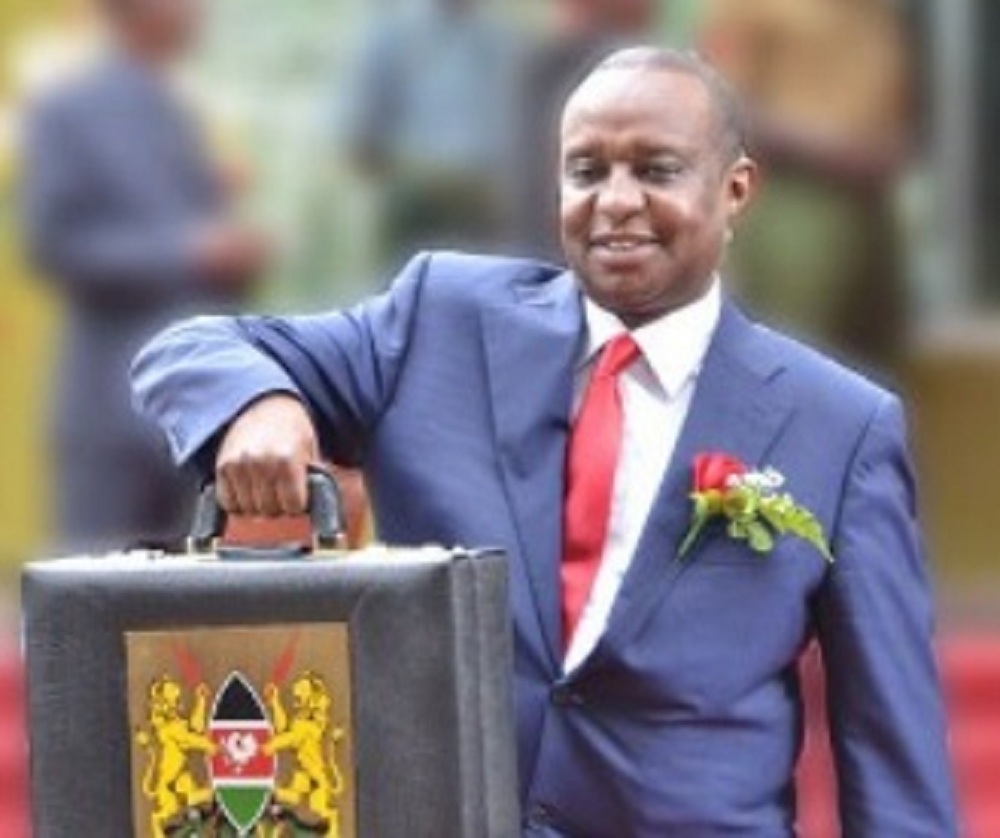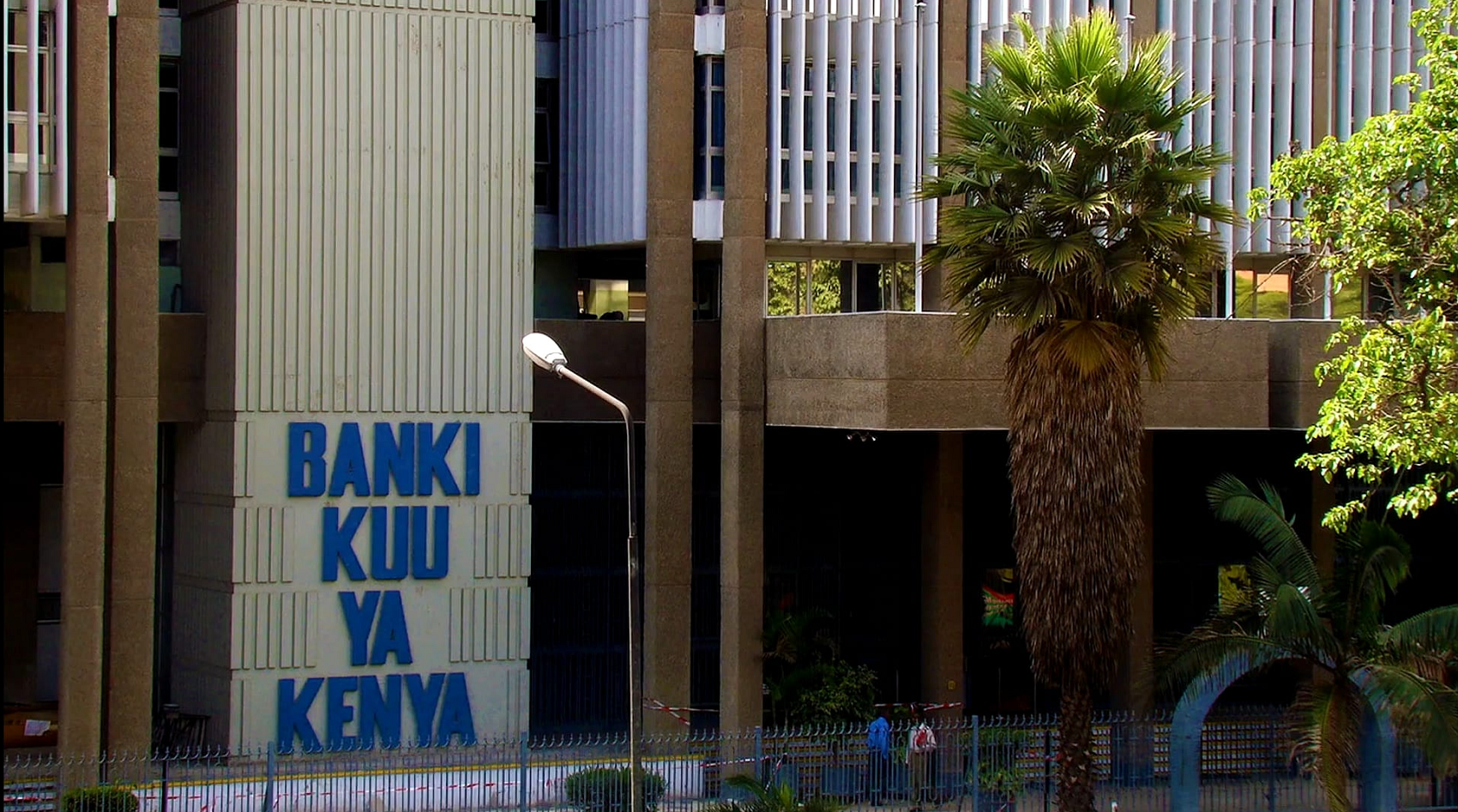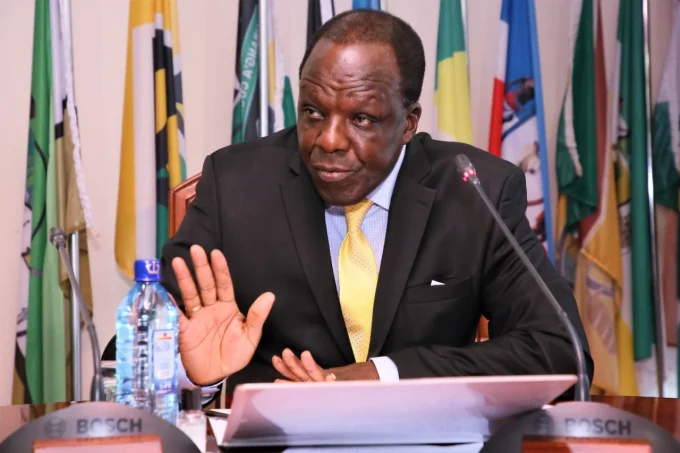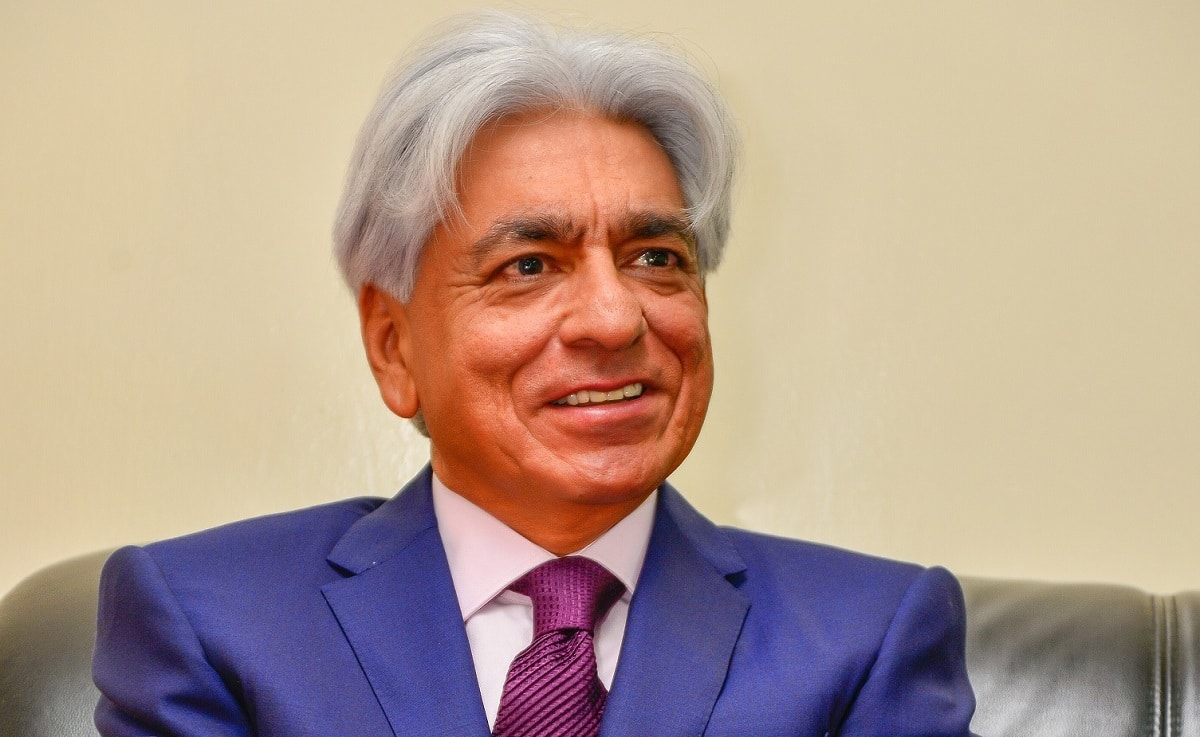Moody’s Investors Service has placed the B1 long-term issuer rating of the government of Kenya on review for downgrade as uncertainties weigh over the future direction of economic and fiscal policy, in part due to evolving political dynamics
The decision to place the rating on review for downgrade was prompted by persistent, large, primary deficits and high borrowing costs continue to drive government indebtedness higher and Government liquidity pressures risk rising in the face of increasingly large financing needs
In a statement, Moody’s said its review will focus on assessing the country’s medium-term fiscal trends, and the likely policy response to ongoing budgetary pressures; the effectiveness of the government’s medium-term financing plan in managing liquidity risks and the government’s overall credit profile relative to similar-rated peers.
SEE: Strong credit profile earns Equity Bank Moody’s first time global ratings
Moody’s says it expects that the government debt burden, which has risen to 56.4% of GDP in June 2017, up from 40.5% five years ago, will continue to rise due to persistently high primary deficits and borrowing costs.
“Pressures on the government primary balance, which posted a deficit of 5.3% of GDP in the latest fiscal year ending June 2017, come from elevated development spending and weak revenue performance. Unless a decisive policy response is introduced, the upward trajectory in government debt will see debt-to-GDP surpass the 60% mark by June 2018,” the statement said.
Budgetary challenges
“Due to the erosion in government revenue intake in the last five years and increased recourse to debt from private sources on commercial terms, government debt affordability has deteriorated. In the latest fiscal year, the government spent 19.0% of its revenues on interest payments, up from 10.7% five years ago,” it added.
A key focus of the review will be to assess the capacity and willingness of the government to address these budgetary challenges in a comprehensive, effective and timely manner.
Moody’s believes that the Kenyan government’s increasingly large financing needs risk putting pressure on its liquidity position. The expected step-up in principal payments in the next few years will drive financing needs further up from an already elevated level of 19% of GDP.
A key area of focus in the rating agency’s liquidity analysis is the government’s increasingly large roll-over of Treasury Bills, which amounted to 9.4% of GDP in June 2017, and the external debt payments to private creditors, including the $750 million Eurobond due in June 2019.
Liquidity risk
At the same time, Moody’s notes that several factors support the government’s access to financing resources, which ultimately can mitigate government liquidity risk. The government benefits from a relatively deep and mature financial sector, which consists of banks, pension and insurance companies with a combined asset base of more than 80% of GDP. As such, the government has been able to issue debt instruments in local currency with particularly long maturities — the average maturity of domestic outstanding bonds was seven years as of August 2017. Moreover, the government holds roughly 6% of GDP in deposits, thereby providing a buffer in the event of adverse market conditions.
The review will assess the extent to which funding risks are sufficiently contained by the mitigating features.
Moody’s views future policy orientations and implementation as particularly uncertain given the evolving political dynamics.
“The latest fiscal policy statement was released last March with the Parliament’s approval of the Budget for the fiscal year 2017-2018. Since then, while the Kenyan Treasury has updated on several occasions its expectations for a more adverse fiscal outlook, policy formulation has remained broadly unchanged as the country focused on the national elections,” the statement said.
According to Moody’s whether the new presidential vote ordered by the Supreme Court after nullifying President Uhuru Kenyatta’s win in the August 8 General Election will allow the political process to return to normalcy is unclear and the absence of a decisive outcome could distract the government from fiscal and economic reforms that would address the current fiscal and socio-economic challenges.
The review will focus on assessing the country’s political configuration and whether it offers more visibility over the government policy orientation and implementation capacity.
Related: More pain for Kenyans as taxman targets bottled drinks, cosmetics
Moody’s says it would downgrade the rating if the review were to conclude that Kenya’s government debt and financing needs, and hence its fiscal strength and liquidity position, have eroded to levels no longer consistent with B1 rated peers. In particular, the rating agency would downgrade the rating in the absence of an effective policy response to these challenges.
Moody’s would confirm the rating at B1 if the review were to conclude that the policy response offers the prospect for tempering the currently-anticipated upward trend in government debt and that liquidity risks are being effectively managed.
The decision follows a meeting of Moody’s rating committee on September 28, which was called to discuss the rating of the Government of Kenya. The main points raised during the discussion were: The issuer’s fiscal or financial strength, including its debt profile, has materially decreased.













Leave a comment